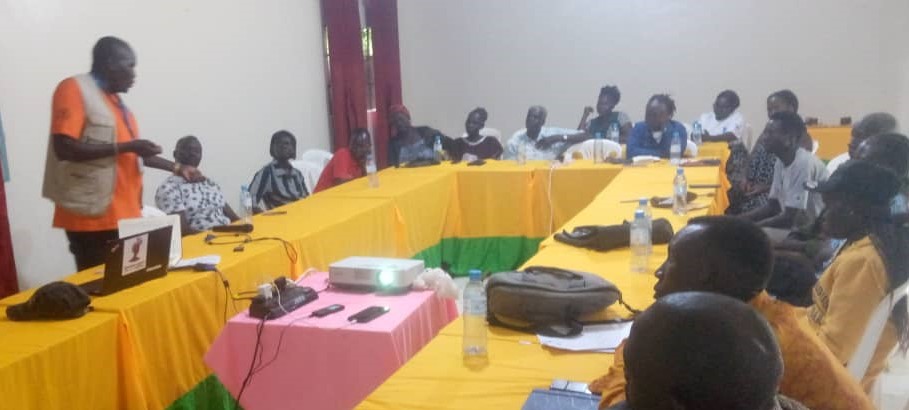Activists in Eastern Equatoria State have accused police of unnecessarily releasing gender-based violence (GBV) suspects, undermining efforts to protect survivors.
According to reports, GBV in South Sudan is driven by discriminatory social norms and power inequalities between men and women, and compounded by a highly patriarchal legal system, and the use of customary laws that often condone GBV or are lenient towards perpetrators.
GBV is an umbrella term for any harmful act that is perpetrated against a person’s will and that is based on socially-ascribed differences between males and females.
At a meeting in Torit on Wednesday aimed at addressing GBV risks and solutions, activists said suspects are often freed within 24 hours without trial, discouraging survivors from reporting crimes.
Augustine Nadolo, an activist and Torit Area Coordinator for Root of Generations (R.O.G), said the lack of accountability erodes trust in the justice system.
“Survivors fear retaliation because perpetrators are arrested one day and released the next with no consequences,” Nadolo said. “They are threatened, so many choose not to report.”
The meeting, organized by R.O.G and Norwegian People’s Aid (NPA), called for stronger legal measures to ensure justice for survivors.
Ohide John Gabriel, Program Manager at the Women’s Initiative for Humanitarian and Development Organization (WIHDO), urged authorities to reactivate specialized police units to support survivors.
However, South Sudan Law Society legal aid attorney Jada Andrew Ottawa denied allegations of improper releases, saying legal procedures must be followed.
“If a suspect is granted bail by a prosecutor, that is within the law,” he said. “But if due process is ignored, it is unacceptable.”
He encouraged survivors to continue reporting violations, assuring them that legal avenues remain open.
Eastern Equatoria State police spokesperson Major Justine Kileopas could not be reached for comment.




